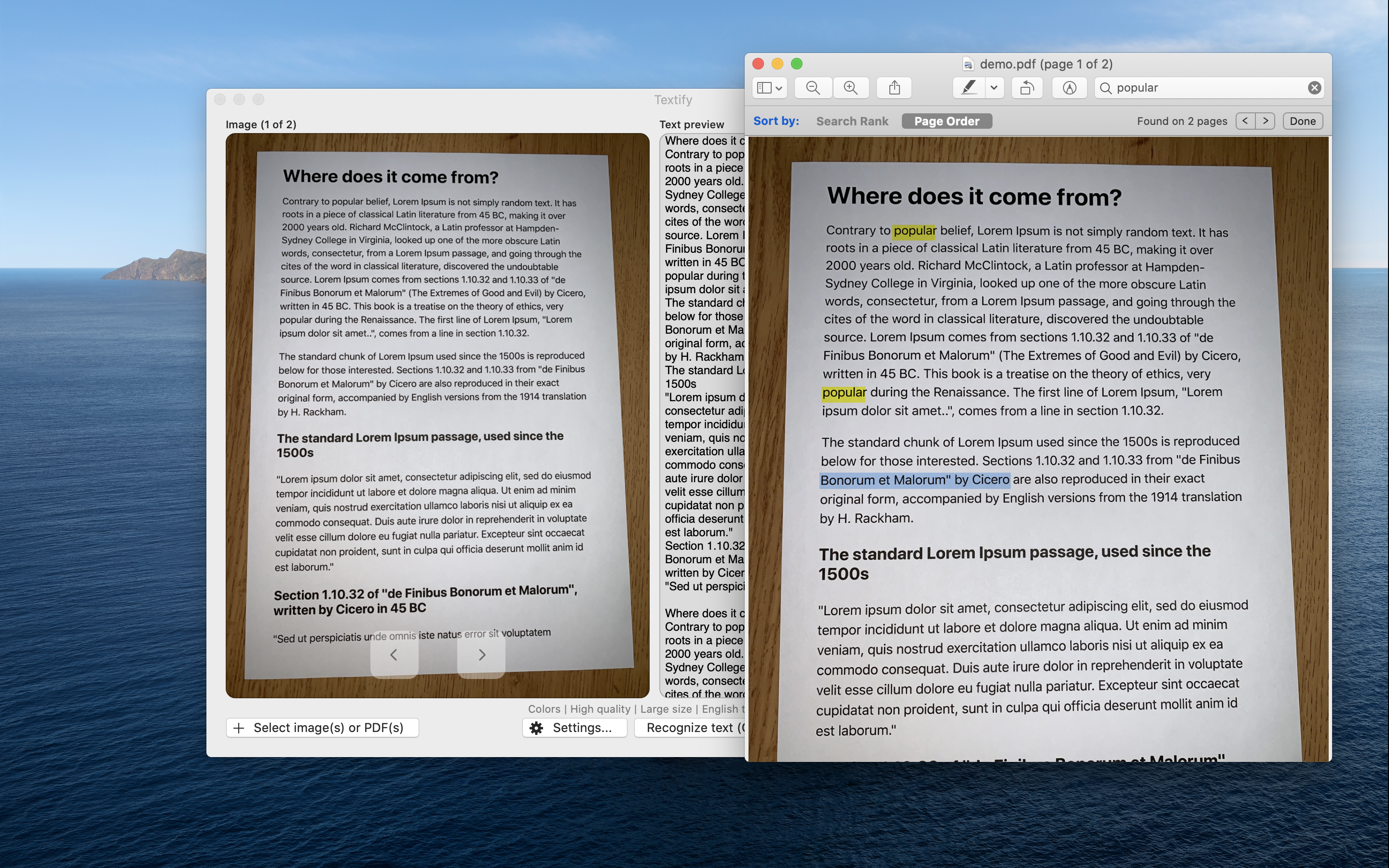

And after much investigation and analysis, he concludes that it did not: “By any reasonable evidentiary standard,” he writes, “ should be vindicated of Hill’s charges.” Brock is concerned only with whether sexual harassment occurred in this particular instance. Nor does it join the debate over how serious an offense sexual harassment is. Nor does it seek to reform the seemingly off-track (at least under conditions of divided government) judicial-confirmation process. The Real Anita Hill is not about whether Thomas should have been confirmed. 1 A runaway best-seller, Brock’s book may be causing yet another shift in public opinion on the question of whether Hill was telling the truth. Yet this past April, just when Anita Hill and her supporters may have thought they had won her case against Thomas, as judged by the American people, David Brock, a staff writer for the American Spectator, delivered a devastating blow to that case in the form of a book entitled The Real Anita Hill: The Untold Story. A drive is under way to endow a chair for her at her law school. Nor did it hurt Hill that Thomas was often vilified for his judicial opinions while she was lionized in the news and entertainment media and given various awards and honors. So it could be that, with consciousness duly raised, more people conjectured that Hill must have been telling the truth. In this new, “more aware” environment, more women began to make claims of sexual harassment, and more women (mostly Democrats), citing sexual harassment as one of the problems they wished to address, ran for elective office. Hill herself, in her many public appearances on college campuses and elsewhere, avoided discussion of the particulars of her charge and focused instead on the evils of sexual harassment in general. What may account, at least in part, for the change reflected in the new polls was the discussion of sexual harassment carried on in newspapers and on television and in countless public forums, in the wake of the Thomas hearings. Indeed, as the Boston Globe commented, the matter of “who was being truthful” was “virtually boycotted by the media.” And as judicial decorum would insist, Thomas, on this matter, had been-and continues to be-as silent as the marble around him.

Oddly, no new facts about the merits of Hill’s allegation had surfaced between the end of the special hearing and these late-1992 polls. Another poll taken at the end of 1992 found that 51 percent of women believed Thomas had harassed Hill, up from 27 percent in October 1991. Polls taken exactly a year later showed that 44 percent of Americans now believed Hill, and only 34 percent believed Thomas. Polls taken at the time showed that twice as many Americans believed Thomas’s denial as Hill’s accusation.
#Textify leak full#
An end to the controversy-for the moment-came on Tuesday when the full Senate approved the Thomas nomination by the extraordinarily narrow vote of 52 to 48. The committee did not pronounce a verdict on who was telling the truth.

Assorted witnesses for Hill and for Thomas testified on Saturday and into the late evening on Sunday, the final day of this special hearing. On Friday, before the committee and with a huge national television audience looking on, Hill repeated her accusation, adding new details, and Thomas categorically denied her charges. On Monday, Hill reiterated her charge at a press conference in Oklahoma, and the Judiciary Committee decided to hold public hearings. On Sunday morning, National Public Radio’s Nina Totenberg, also the recipient of a leak, went on the air with the same story. Somebody had leaked Hill’s charge, which she had made in a confidential statement to the Judiciary Committee on September 23. Hill-a former employee of Thomas’s from 1981 to 1983 at both the Education Department and the Equal Employment Opportunity Commission (EEOC) and now a University of Oklahoma law professor-said that Thomas had sexually harassed her. But late on October 5, a Saturday, word of what Newsday would publish in its Sunday editions made the wires: Anita F. On Friday, September 28, 1991, the Senate Judiciary Committee sent to the full Senate the nomination of Judge Clarence Thomas to the Supreme Court.


 0 kommentar(er)
0 kommentar(er)
